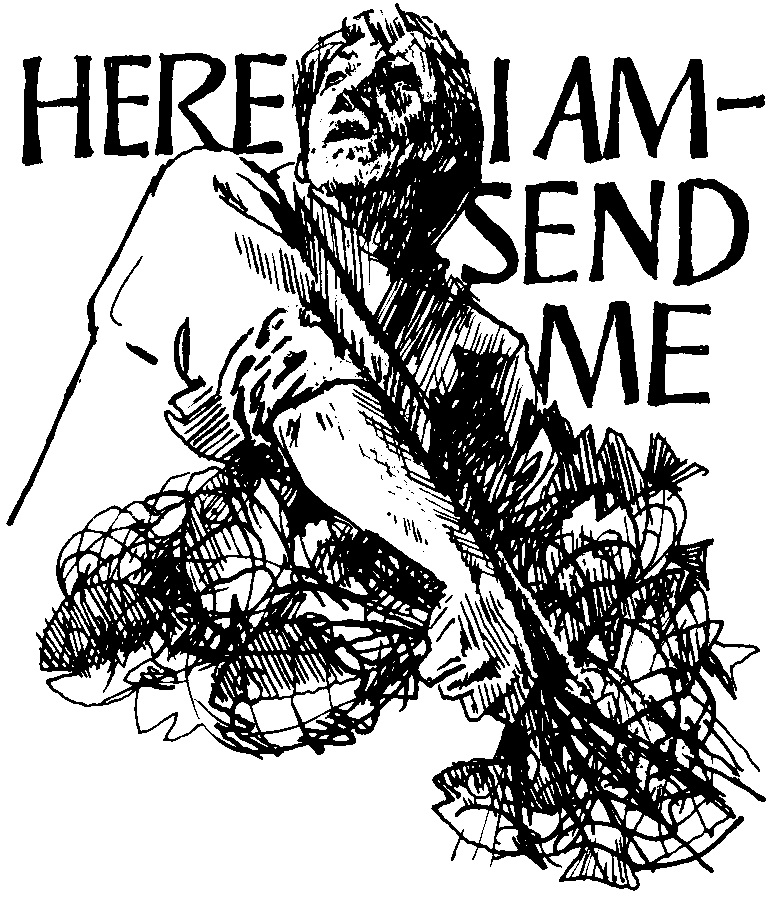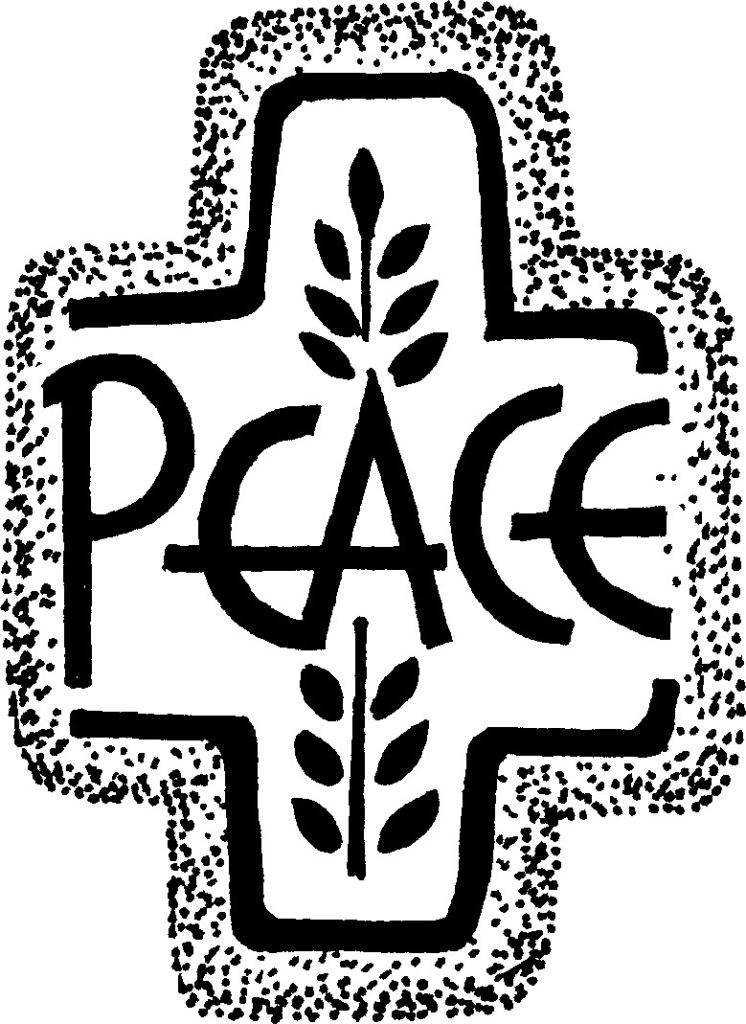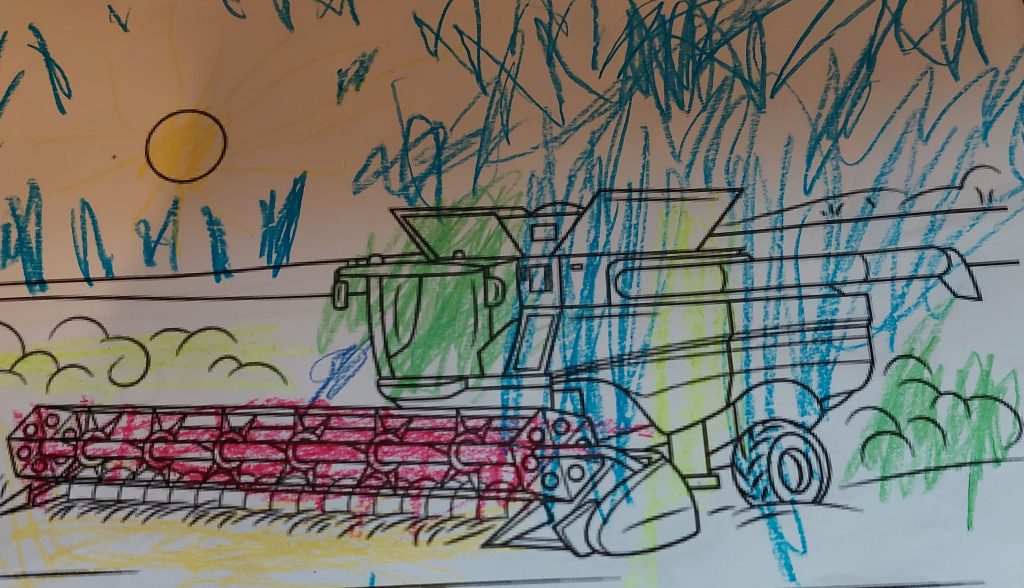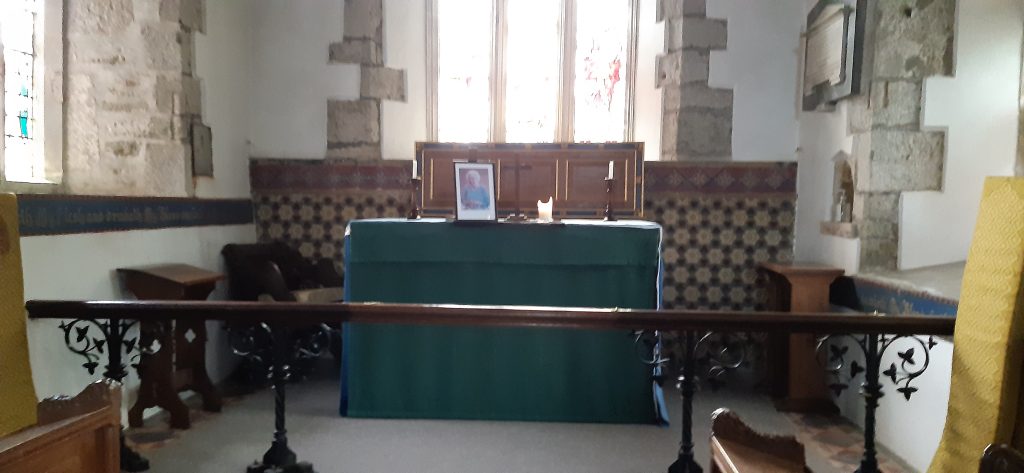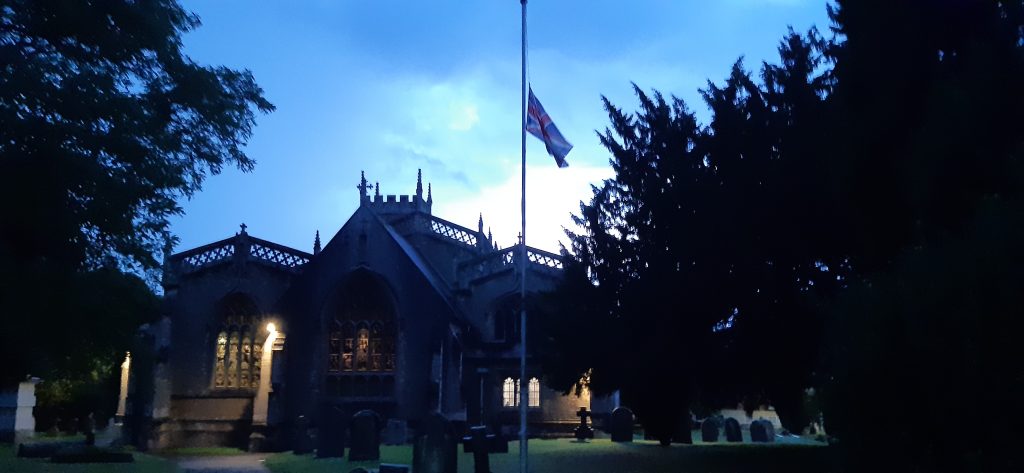November 26th – Safeguarding Sunday, Christ the King
It is probably fair to say that the concept of safeguarding is a relatively new one – at least in Church of England terms. By new I mean something we have come to learn about in the last 50 years – which is not new in normal thinking, but it sometimes takes the Church of England a while to catch up! Being new does not mean bad – there are a great many things that we have learned in the past 20 years or so that are definitely for the good of all, but it does sometimes take us a while to get our heads around them, and safeguarding is one of those. We always thought that we knew the people we met on a regular basis, and they were good and kind people, and I still hope and pray that while there is a lot that many of you do not know about me, and by the same token I do not know about you, in most cases the second part – about being generally good and kind holds true. It is a sad reflection on the times that we live in however that this is not always the case, and as with so many things, the few can be spoiling it for the many.
Safeguarding may be something that we have only recently had to learn about, but sadly it has been needed – although not always available for a very long time. It is probably true to say that the first recorded occasion of coercive control occurred in the very beginning of our Bibles – in Genesis chapter 3 when the serpent casts doubt in the minds of Adam and Eve as to whether God had actually forbidden the fruit, and whether taking it would mean that they would die. Doubt as to whether something you believe to be wrong actually is so, is often used in coercive control. As we know from the story, once the commandment had been broken, Adam and Eve felt shame and wanted to hide themselves and what they had done. I did not know until recently that the fig leaves which they used to make clothing contain an irritant and would have been quite uncomfortable, and the first act of safeguarding comes from God who makes the clothing of skins to replace them and prevent their feelings of shame. This analogy does not bear taking too far, as just as all safeguarding issues are seldom as straightforward as they seem, neither is this one.
If you read your bibles, particularly the history books of the Old Testament, you will find more occasions of abuse and of judgement. King David – surely one of our heroes – abused his power as king when struck by the beauty of Bathsheba, and compounded the wrong when he gave orders that her husband should be sent into the thick of battle where he would certainly be killed. The story of Abraham – father of the Jewish race contains many occasions when his actions are abusive – particularly in his treatment of his slave Hagar who twice found herself on the brink of starvation in the desert, once because she had run away and the second time because she had been thrown out by Abraham and Sarah. Again, the story is complicated, but the one thing that stands out is the way in which God cares for Hagar, and later for her son Ishmael too. The name Ishmael actually means ‘God Hears’ and this really sums up our subject.
Throughout history we may have been, or perhaps may have chosen to be ignorant of the abuse that was going on in our society, but God has not been. There are people who have no cause to love the church, which is not surprising if you learn of the treatment that they had received at the hands of people who served the church, and who were sometimes respected and admired within it, but if they could look beyond the human made construction and organisation, they would find a loving and caring God who knows how they feel, and weeps with them.
Today we celebrate the feast of Christ the King, and next Sunday is Advent Sunday – the first day of a new year for the church, and as we do at the end of the calendar year and the beginning of a new one, it is perhaps a good time to reflect on the year that has passed and consider what we would like the next year to look like. Perhaps we should also consider how we feel the Kingdom of Christ should look, and how we as subjects of this kingdom should be thinking and behaving.
There are many ways in which the vulnerable suffer abuse in our world today. It is easy to categorise abuse as sexual, but there are many forms it can take, and many reasons why a person may be vulnerable. Any one of us could become vulnerable to abuse due to ill health – either mental and physical, stress, disability, poverty or simply age. Abuse can be physical, verbal, financial or spiritual. It can be found in human trafficking, county lines drug dealing and modern slavery. Nearly always it is hidden both by the perpetrator and their victim, and often leaves the victim suffering from shame, induced by the abuser seeking to put the blame on to them. It is hard to forgive once discovered, but the tightrope we have to walk as Christians is the need to care appropriately for both the abused and the abuser. Forgiveness is at the heart of the gospel, but that does not mean evading consequences or justice. God is quite clear about that in the readings we have heard today – both in Ezekiel where God says ‘I will save my flock, and they shall no longer be ravaged; and I will judge between sheep and sheep.’[1] God is clear in this prophecy that the strong and rich will receive little sympathy from him if they gained, or kept their wealth through abuse of their power. Our gospel reading is even more condemnatory using the words ‘accursed’, and ‘eternal punishment’ for those abusers who seem to be completely oblivious to what is right and what is wrong.
Safeguarding is not about ticking boxes, although at times it may feel that way. It is not a form filling, paper-based exercise, although some of that is necessary. It is also not about living in permanent suspicion of others. It is surely about living with Christ as our King and acting that out in all that we say and do. It is about being watchful, being aware of the weaknesses (often hidden) of others, about noticing. Above all, surely it is about caring – making sure that we treat others the way that we would like to be treated. It is about being servants of Christ the King.
[1] Ezekiel 34:22 © The Archbishops’ Council 2000- 2023, The New Revised Standard Version (Anglicized Edition), copyright 1989, 1995

